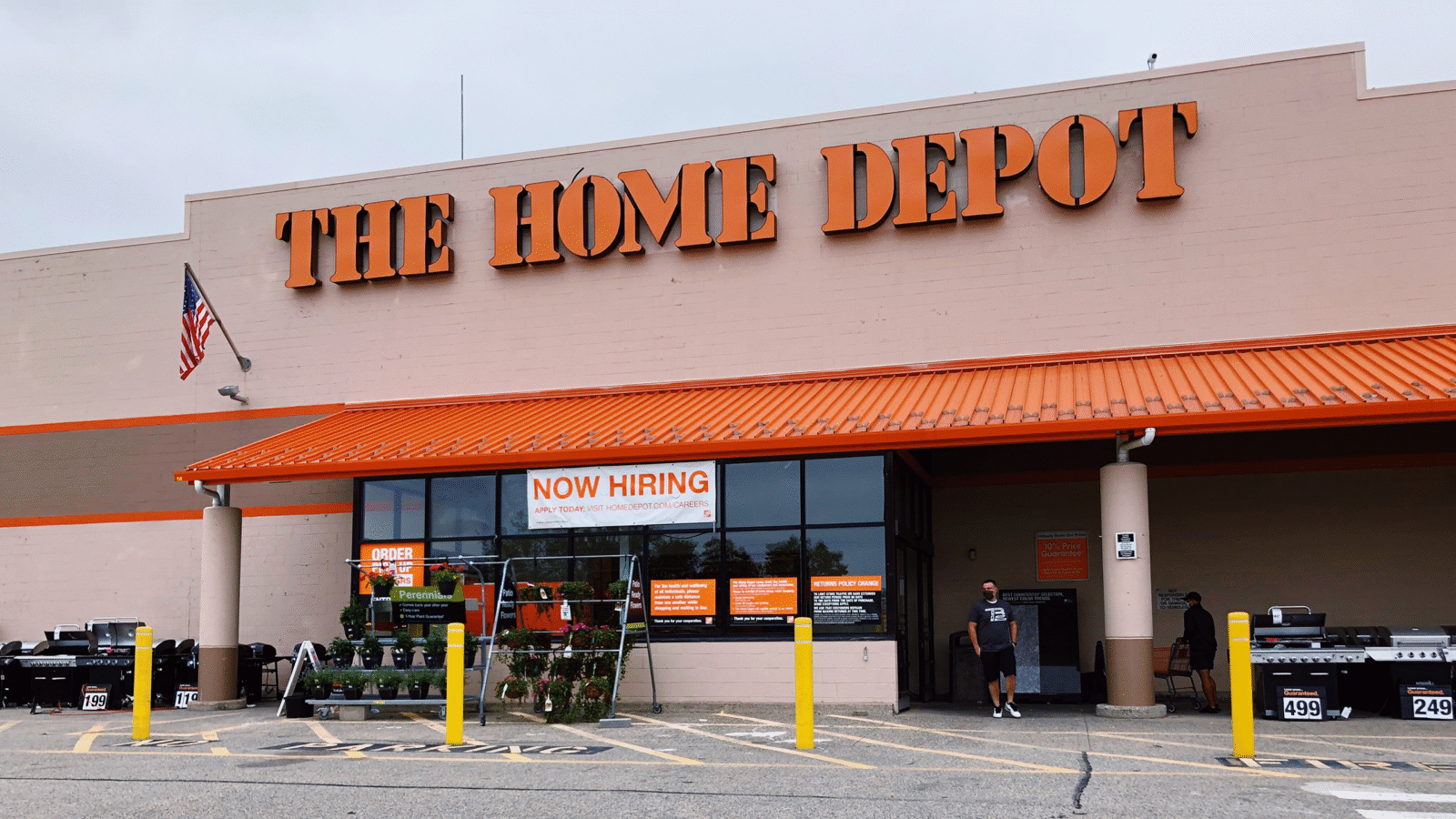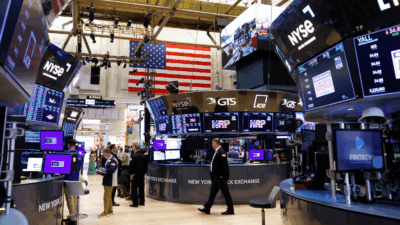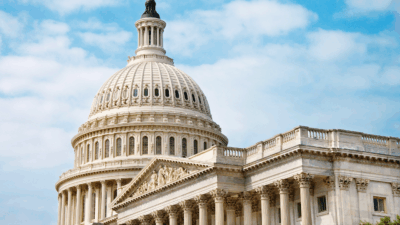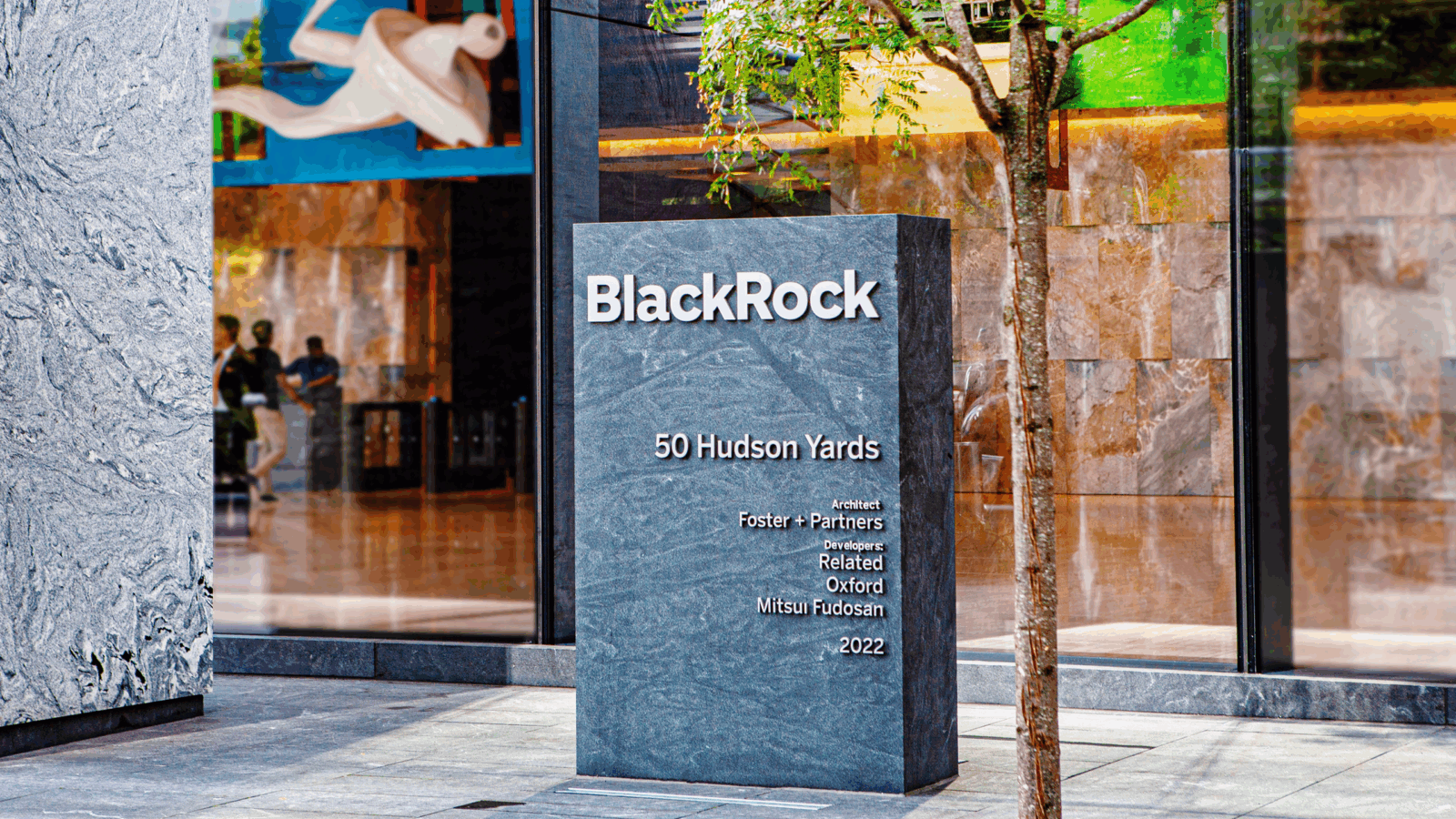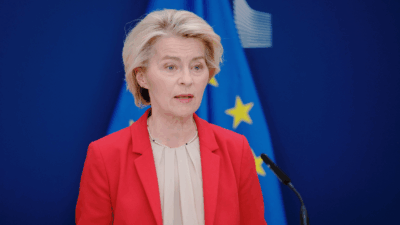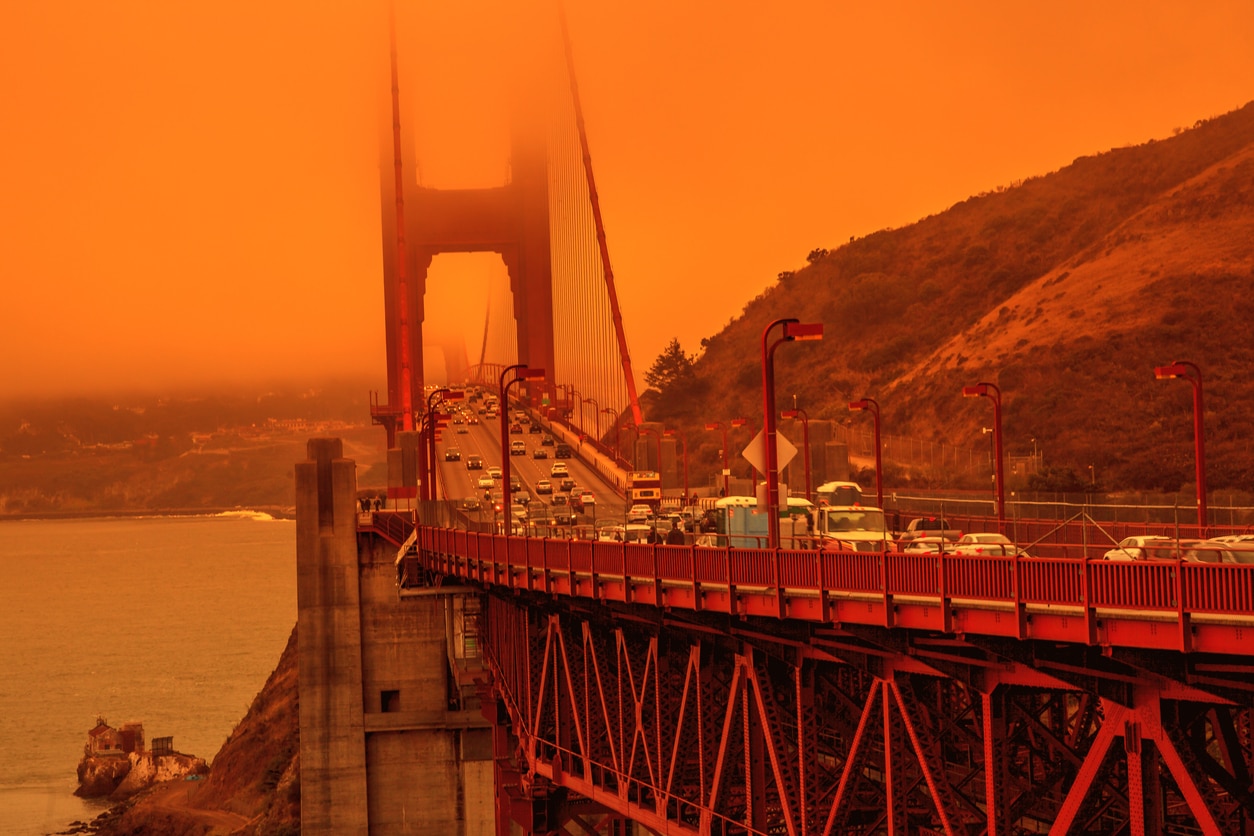
Sign up for smart news, insights, and analysis on the biggest financial stories of the day.
It can be a headache to deal with an insurance company…just ask your insurance company.
On Thursday, ratings agency Standard and Poor’s said reinsurers — companies that insure insurers from the risk of major claims — are underestimating their exposure to natural disasters by up to 50%, and it could soon threaten their capital holdings.
Bad Predictions Make Bad Policies
The insurance sector has had a very rough year on account of inclement weather. Winter storms and wildfires in America piled up $40 billion in expected losses in just the first six months of 2021, the most in a decade. Then came dramatic floods in Europe and tens of billions in damage from Hurricane Ida.
With scientists pointing the finger at a worsening global climate, S&P analysts said Thursday that reinsurers aren’t grasping the problem:
- S&P ran three decades of claims data and found that reinsurers are downplaying their exposure to natural disasters by between 33% and 50%.
- From 1990 to 2020, for example, insurers paid out $150 billion in natural disaster claims in three separate years, a higher rate than the industry predicted. “What companies are modeling as a one in 20 or one in 30-year event is probably more likely to be a one in 10-year event,” said Dennis Sugrue, S&P’s global environment lead.
Goodbye Capital: Losses could wipe out 80% of the excess capital reinsurers need to maintain a double-A rating, according to S&P. In other words, not only would reinsurers have less money for disaster payouts, but they could also get downgraded and find it harder to raise fresh capital.
Uninsurable: How serious could things get? In February, Fitch Ratings warned insurance companies could simply choose to bail from the business of disaster insurance: “One answer could be the gradual withdrawal from insuring natural disaster risks, triggering the need for state intervention.”
